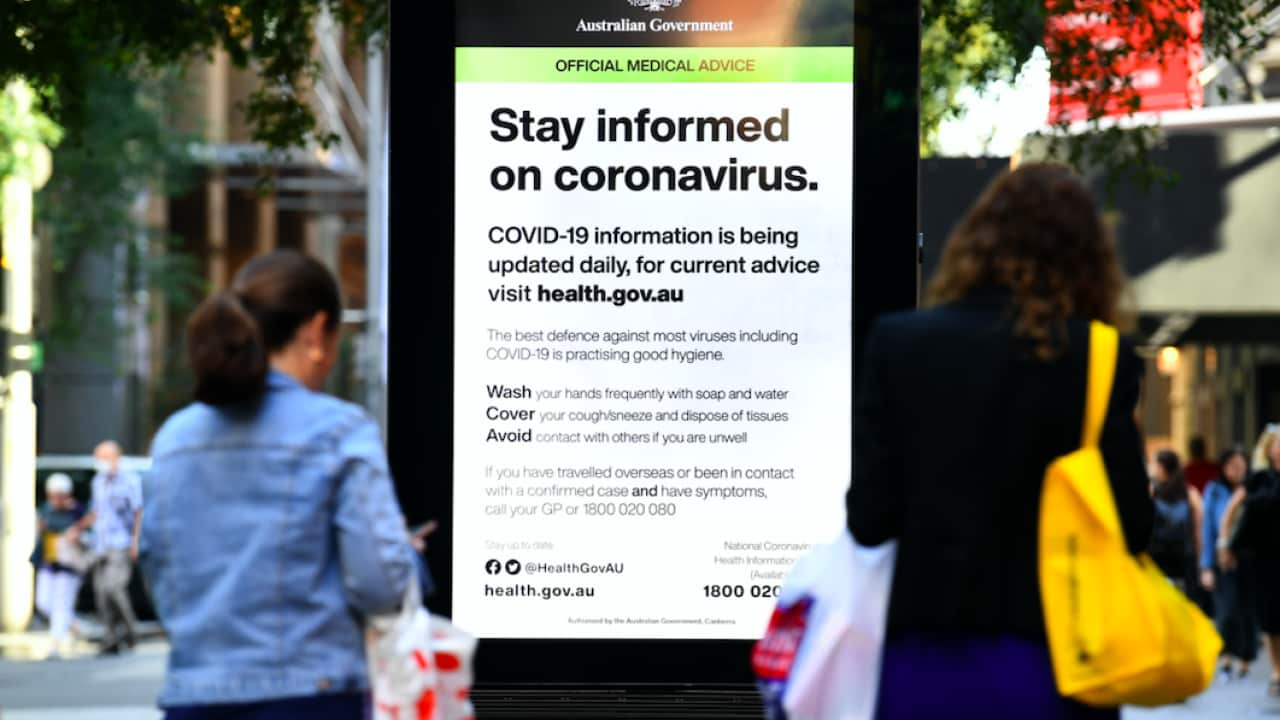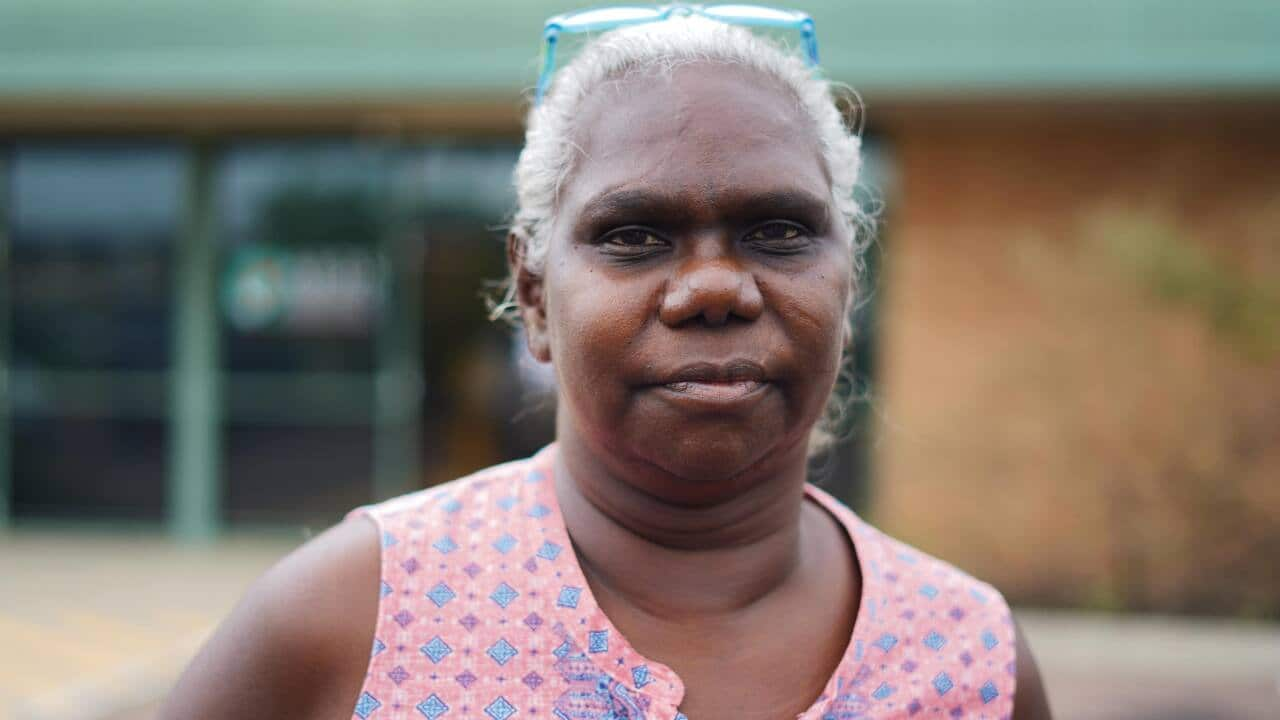There are calls for the Federal Government not to forget Australia's minority communities as it ramps up in-language communication about COVID-19.
Labor MP Julian Hill told SBS News on Thursday this should be an "urgent" matter for the government.
Mr Hill represents the multicultural electorate of Bruce located in southeast Melbourne where more than 200 languages are spoken. He said a "complete lack of social distancing" at one market in his electorate showed health warnings were failing to reach many people.
He said a "complete lack of social distancing" at one market in his electorate showed health warnings were failing to reach many people.

Labor MP Julian Hill. Source: Labor MP Julian Hill
"The government has to do more urgently to get material out in minority languages, that's up to date and simple and clear," he told SBS News.
"I'm particularly worried about some of the small newly-arrived communities that have not yet had the opportunity to develop proficient English language skills."
The Federal Government has so far translated health guidelines detailing new rules and expectations in response to the virus in seven languages.
These translated materials can be found in
The advice covers everything from washing your hands to explaining concepts like social distancing and self isolation to contain the contagion's spread.
Jordan Pe is part of the Eastern Karen Community Association, which represents the ethnic minority native to southeastern Myanmar.
The ethnic group has long faced religious and ethnic persecution with their numbers in Australia totalling just over 5,000 at the most recent census. Mr Pe told SBS News communicating rapidly changing messages in response to the pandemic without in-language help has been a challenge.
Mr Pe told SBS News communicating rapidly changing messages in response to the pandemic without in-language help has been a challenge.

Jordan Pe. Source: Supplied
"It is hard - we can't see anybody at the moment," he said.
"People used to catch up in the church services - [now] it is only the phone communication we have to pass on information to them."
Mr Pe said language barriers are more evident for older members in the community and others coming from a refugee background.
"If it's not your first language - you read it and think how can I understand all that," he said.
"[But] if someone can translate it into Karen on a national level - then we can explain it better to make sense to them."
The Victorian Government has made fact sheets available in , as state governments also attempt to pass on vital health information.
, , and have produced their own translated material too - while other jurisdictions refer to translating services and resources available from the Federal Government.
SBS has also launched a , where communities can access the latest news about the pandemic across 63 languages.
CEO of the Federation of Ethnic Communities Councils of Australia Mohammad Al-Khafaji told SBS News there is a pressing need to ensure newly arrived communities are kept informed.
"The challenge for the government is obviously how many languages do you translate these complex messages into - there is always a limitation," he said
"But hopefully this crisis will make policymakers take seriously the importance of including the new and emerging communities' languages."
Mr Al-Khafaji said these ethnic groups can't always rely on the developed communication channels of more established communities.
"If government messages do not meet the needs of those communities that heavily rely on translated material and in-language programming, then those communities will rely on other sources," he said.
Mr Al-Khafaji said "unfortunately" those sources are often not from Australia and may not meet the standards of our health advice.
The Department of Home Affairs has said it plans to distribute further information to "multicultural audiences through targeted print, radio and social media placements".
The government has also conducted several meetings with community leaders regarding COVID-19 responses.
But Labor's Julian Hill said more can and needs to be done.
"I'm really worried about what can happen if some of those communities are not getting the messages around social distancing and not getting the message about staying at home."
Australians must stay at least 1.5 metres away from other people. Indoors, there must be a density of no more than one person per four square metres of floor space.
If you believe you may have contracted the virus, call your doctor (don’t visit) or contact the national Coronavirus Health Information Hotline on 1800 020 080.
If you are struggling to breathe or experiencing a medical emergency, call 000.
SBS is committed to informing Australia’s diverse communities about the latest COVID-19 developments. News and information is available in 63 languages at













